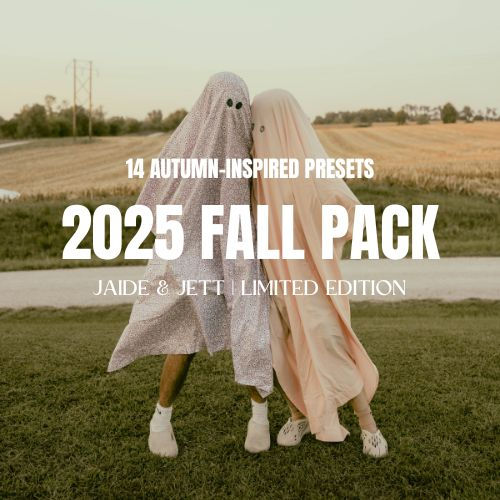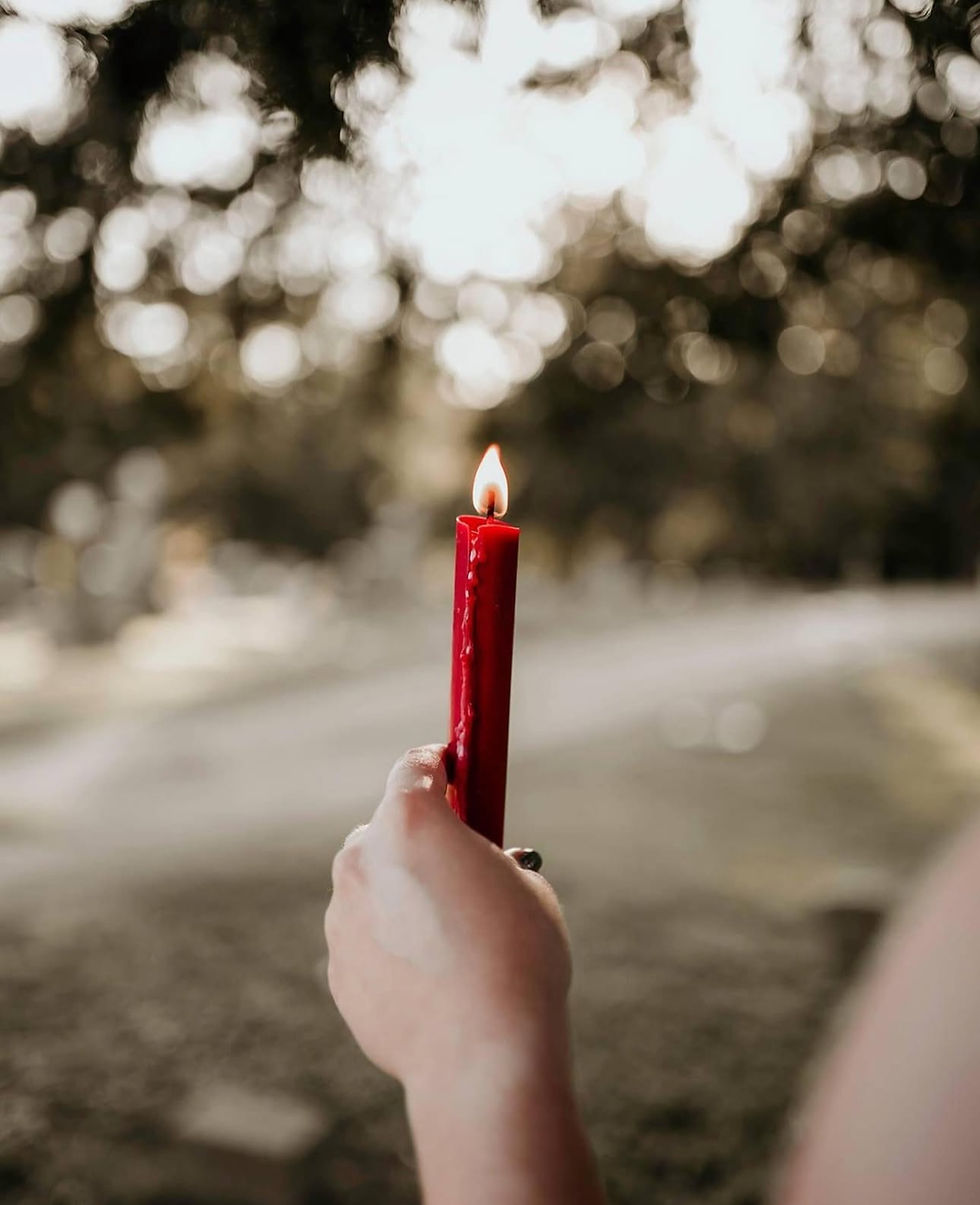How I Edit Full Galleries in Lightroom: My Step-by-Step Workflow
- Cienna So
- 2 days ago
- 3 min read
Learn how to speed up your editing process and stay consistent with Jaide & Jett Lightroom Presets
If editing full galleries feels overwhelming or time-consuming, you’re not alone. I used to approach every session like it was brand new, testing a dozen different presets and spending hours trying to make everything feel cohesive.
Once I created a consistent editing workflow, everything changed. I knew exactly where to start, how to keep things organized, and how to make the final edits look polished. Now editing feels creative again, not stressful.
Whether you're new to Lightroom or just want a smoother process, here’s how I edit full galleries using Jaide & Jett Presets.

Step 1: Cull Your Gallery and Choose an Anchor Photo
Before opening Lightroom, I always start by backing up my RAW files to an external hard drive. Then I cull in Adobe Bridge. It’s fast and helps me view the full session without distractions.
Once I’ve narrowed down my selects, I look for one image that stands out.
I call this the anchor photo.
It’s usually the image that best captures the mood or energy of the gallery. I use it to guide the rest of my edits.
Step 2: Choose a Lightroom Preset That Matches the Mood
Choosing the right preset is where everything starts to come together. I rotate between different preset packs depending on the session’s vibe.
Here’s what I use and when:
Natural Pack for soft, clean edits
Vibrant Pack for bold, colorful sessions
Nostalgic Pack for film-inspired, movie-like tones
Western Pack for warm browns and vintage texture
Earthy Pack for a creamy, glowy, boho look
2025 Fall Pack for halloween and autumn seasoned sessions
All of my Lightroom presets are designed to give you a strong starting point without making your edits look overdone. You can mix and match based on your creative style.
Step 3: Adjust the Base Edit in Lightroom
Once I apply a preset, I make small adjustments to fine-tune the photo. I usually tweak:
Exposure
White balance
Highlights and shadows
Blacks and whites
Contrast and dehaze when needed
After I dial in the edit on my anchor photo, I sync those settings across the entire gallery. Then I go through each photo one by one to make sure everything looks cohesive and intentional.
Step 4: Retouch and Final Details
Once the edits feel consistent, I move into light retouching.
I use my Beauty Brush Pack in Lightroom to smooth skin, brighten eyes, whiten teeth, and add subtle glow when needed. These brushes help polish the photo without making it look fake.
If I need to remove background distractions or make more advanced edits, I bring the photo into Photoshop. Lightroom can lag when I try to do heavy cleanup, so this just makes it easier.
Why This Workflow Works
If you’ve been feeling stuck or frustrated while editing, it might be time to rethink your process. Having a clear Lightroom workflow saves time, reduces stress, and keeps your photos consistent.
Whether you're editing portraits, weddings, branding sessions, or lifestyle shoots, this workflow gives you a system that actually works. You’ll spend less time guessing and more time creating work you’re proud of.
Want to Try It?
The Lightroom tools I use were created to support your style, not replace it. If you’re ready to simplify your process and feel more confident in your edits, check out the preset packs and brushes at Jaide & Jett Presets.
They’re made for photographers who want their edits to feel fast, flexible, and true to their vision.























Comments